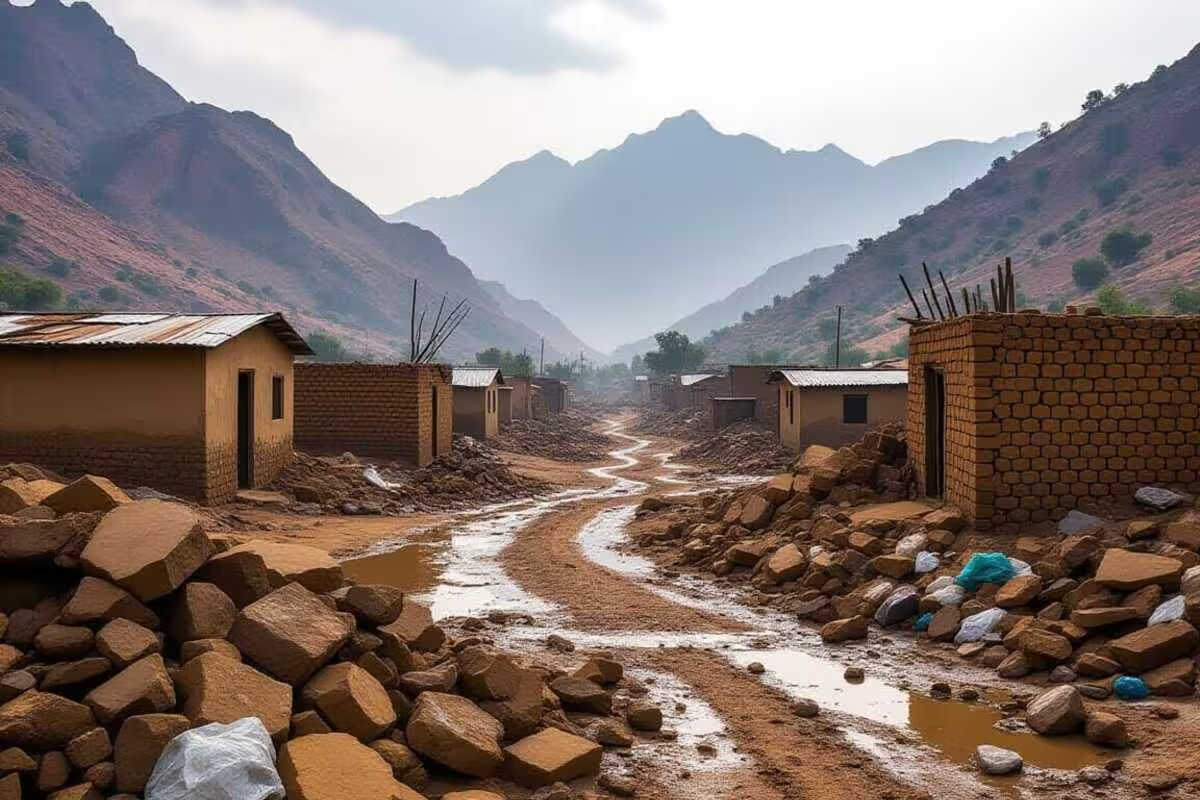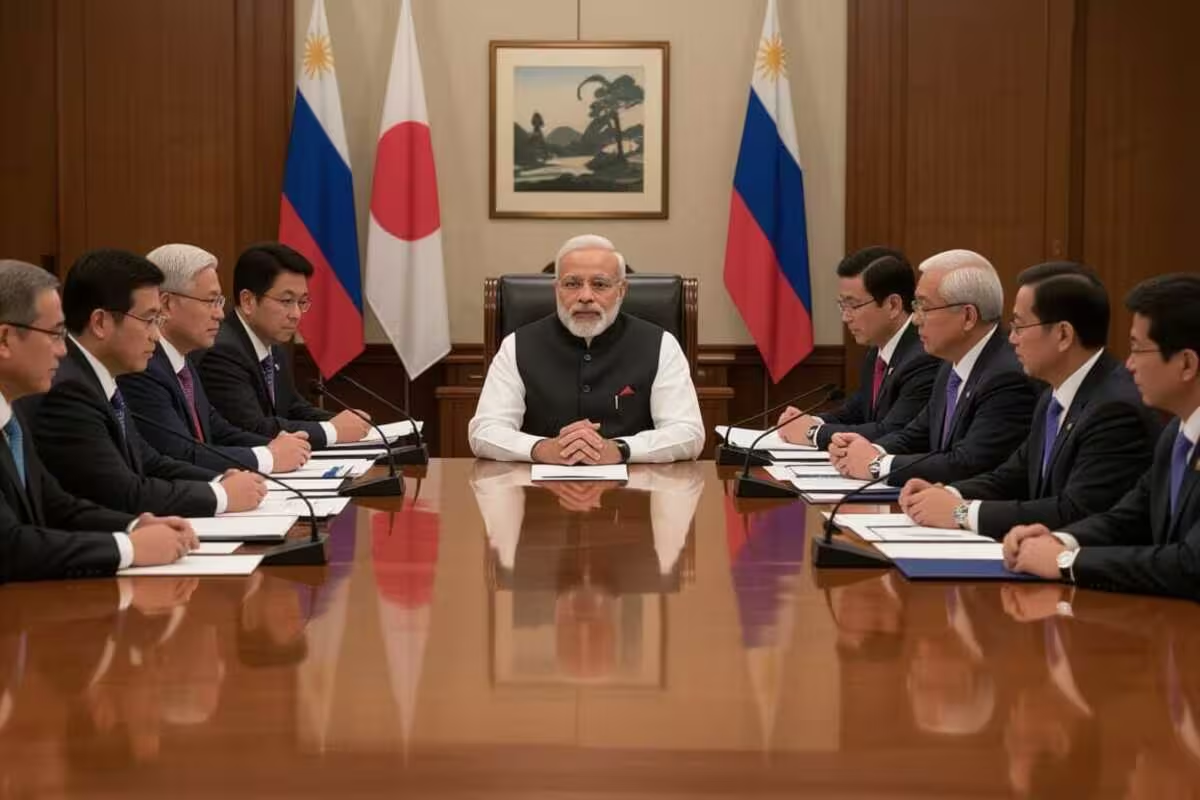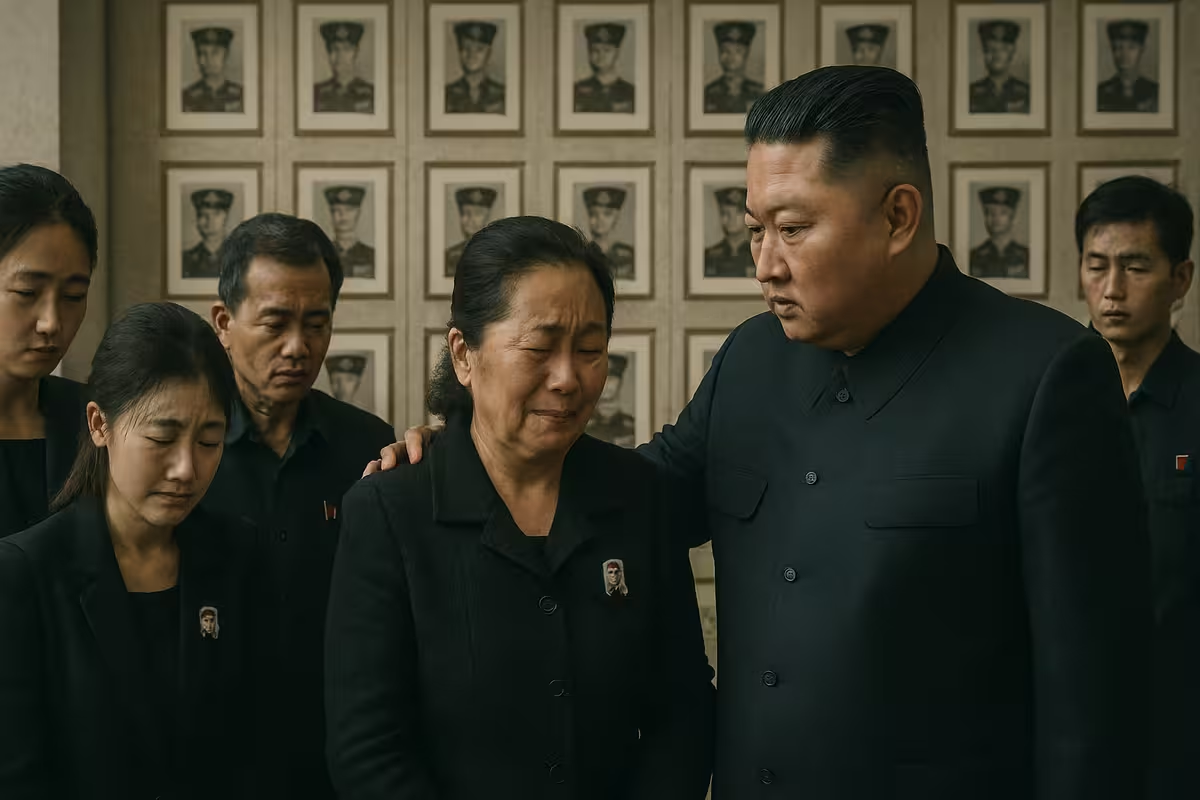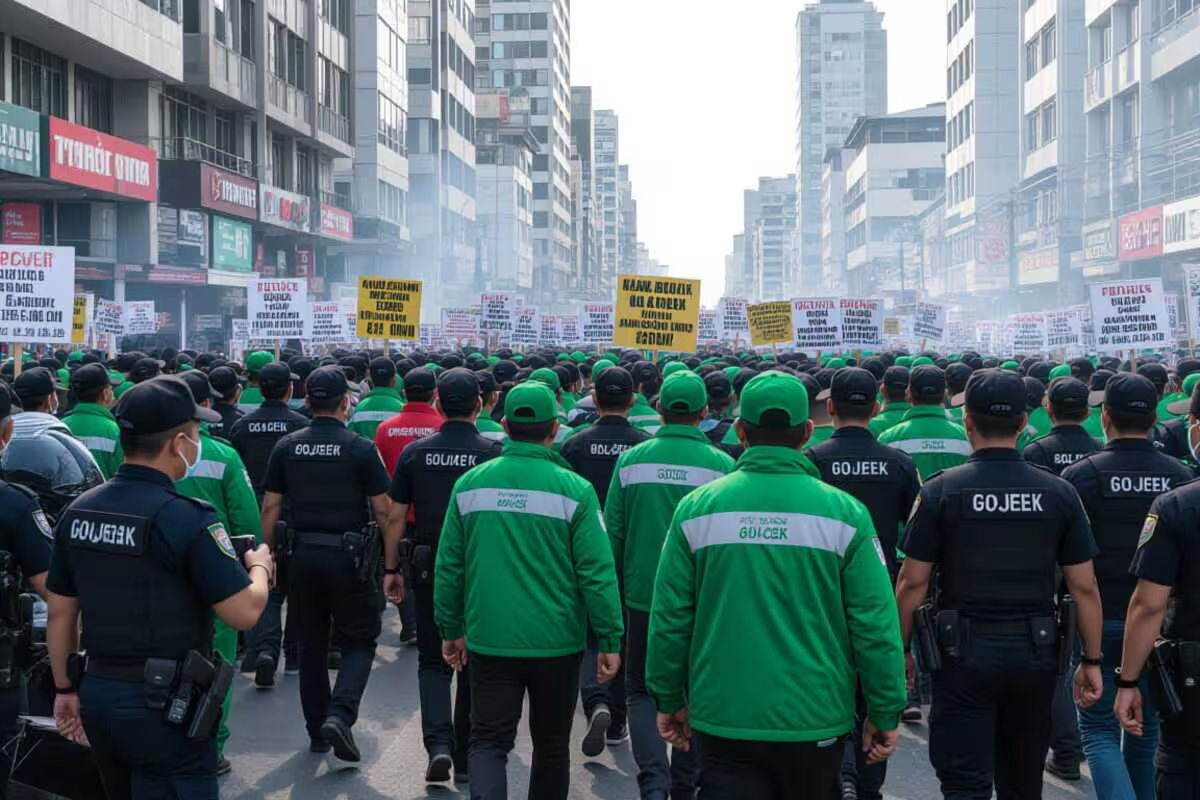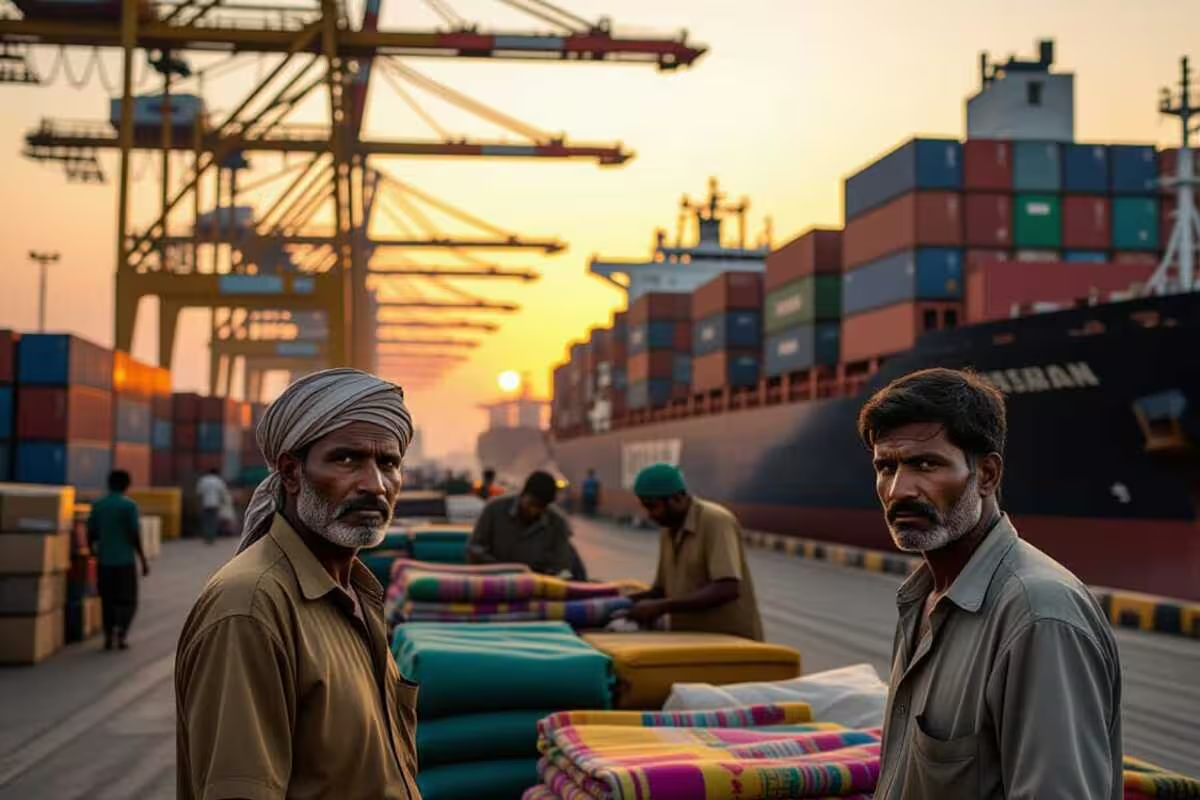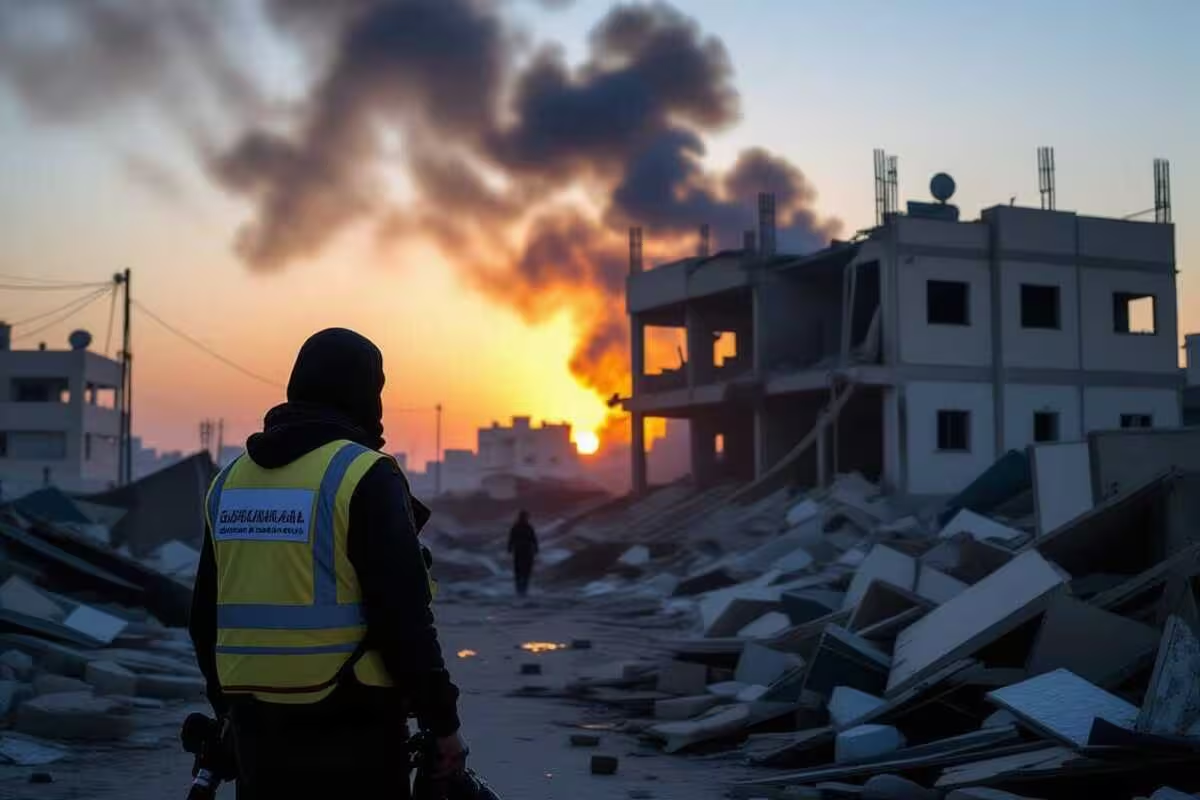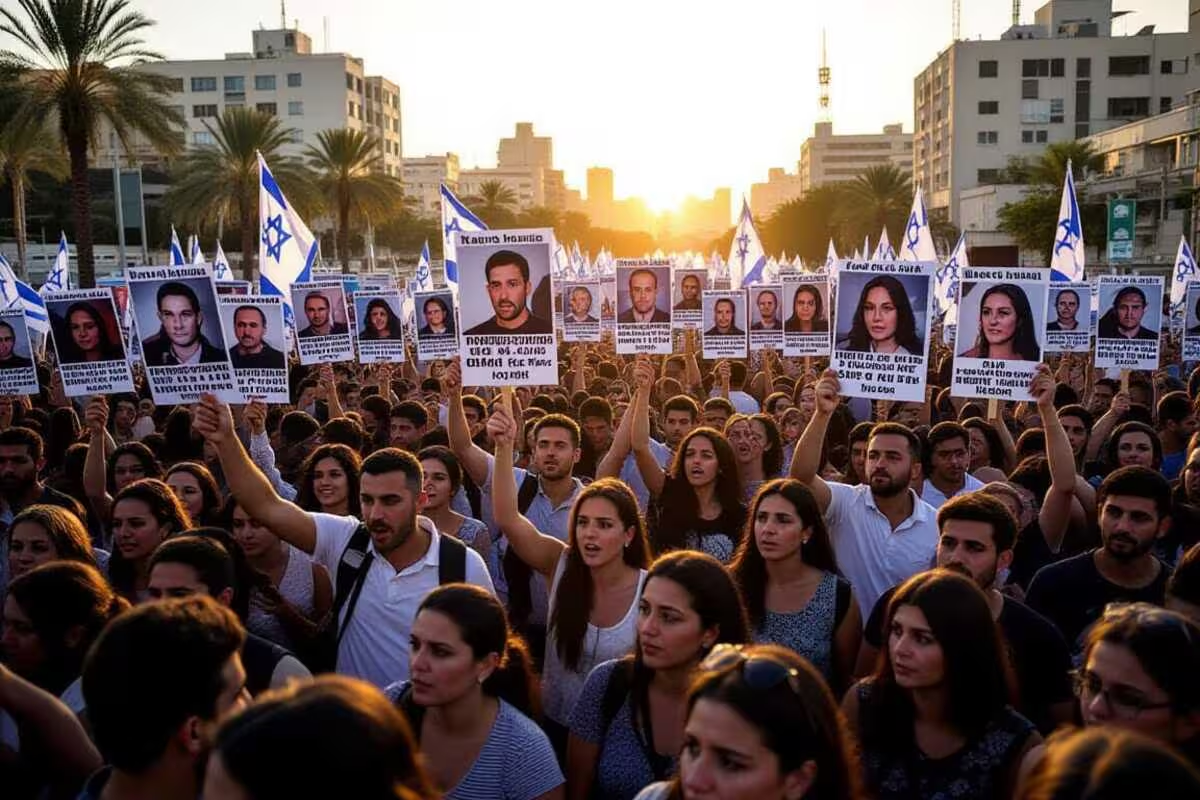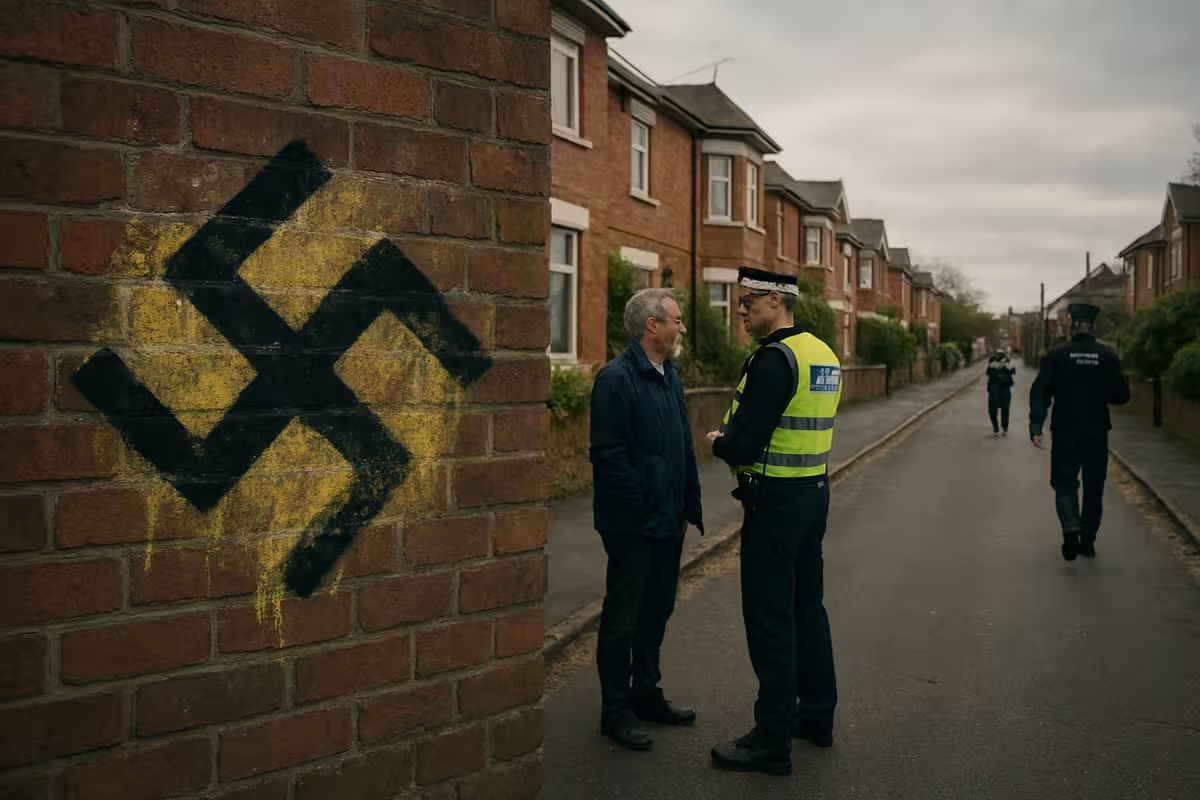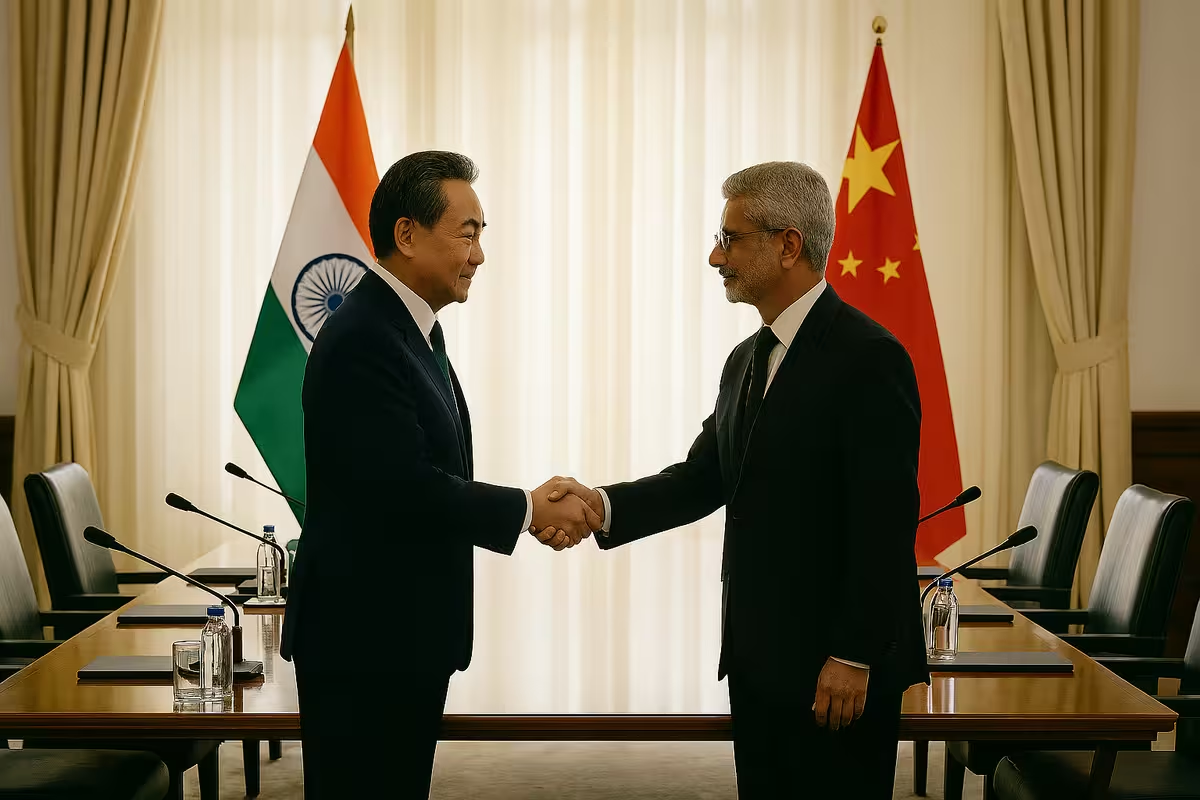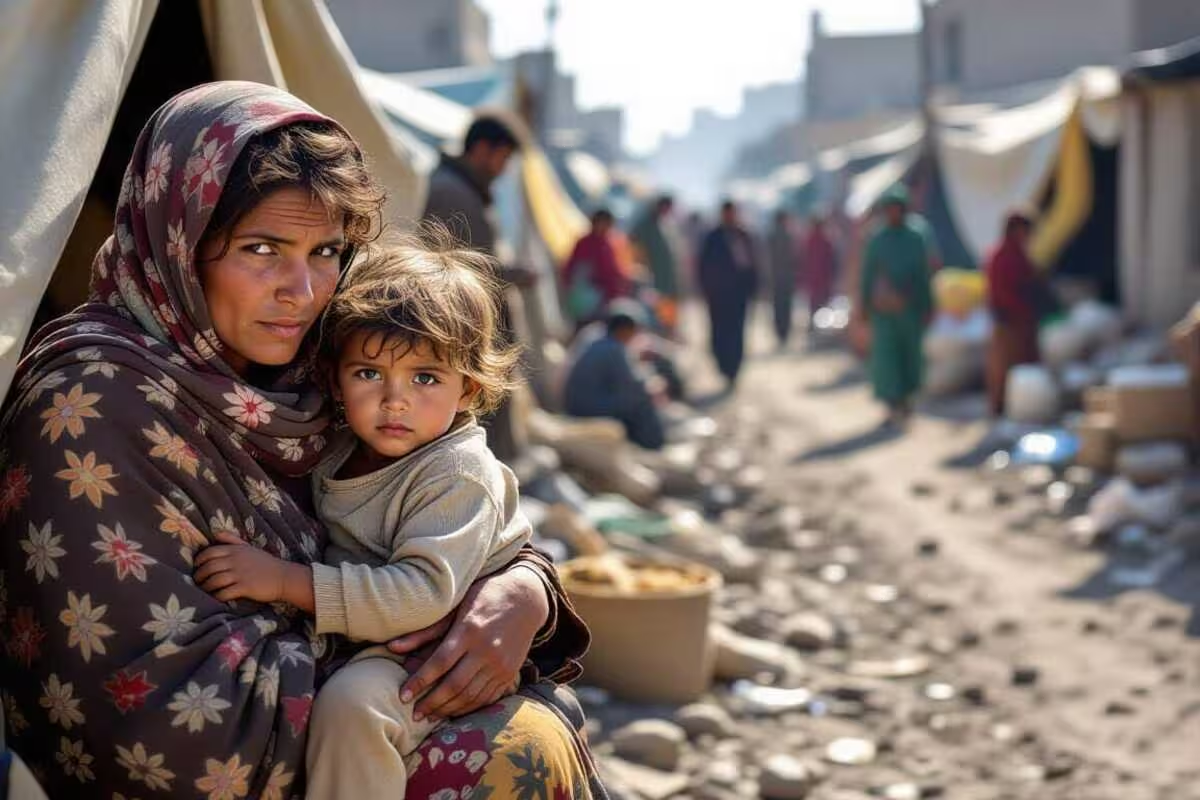Indonesian Protests Intensify After Ride-Share Driver Dies; President Subianto Apologizes
JAKARTA, Indonesia – August 30, 2025: After a ride-share driver was killed by a police vehicle, protests have broken out across Indonesia, leading to clashes between protestors and police. The death of 21-year-old Affan Kurniawan happened Thursday night. He was protesting rising costs and government benefits, and his death has stirred up long-standing frustrations, posing a tough problem for President Prabowo Subianto’s new government.
The incident has fueled a protest movement that was already happening this week, with people upset about the economy and perceived government corruption. Witnesses and police reports say that Kurniawan, a driver for Gojek, was hit and killed by a police vehicle while protesting on Thursday. His death has become a key point, leading to bigger demonstrations in major cities.
Death Sparks Wider Anger
On Friday, there were big protests and funeral services for Affan Kurniawan, a day after his death. Police used tear gas and water cannons to break up crowds in Jakarta and Surabaya, while some protestors fought back with Molotov cocktails and fireworks.
The unrest spread to other cities, like Jawa Barat, Surakarta, Bandung, and Medan, showing the nationwide scope of the anger. Protestors gathered at police headquarters, demanding justice for Kurniawan’s death.
Trump Tariffs to Hurt US Economy: SBI Report
Official Response and Public Apologies
President Prabowo Subianto quickly apologized to Kurniawan’s family. He said he was shocked and disappointed by the officers’ excessive actions.
The president’s statement came as the police and government faced intense public scrutiny. Jakarta’s governor, Pramono Anung, also expressed his condolences and offered money for funeral costs.
Jakarta’s police chief, Asep Edi Suheri, attended Kurniawan’s funeral and repeated an apology for the incident. This show of regret by high-ranking officials shows how serious the situation is and the government’s attempt to calm things down.
Police Face Accountability
Seven members of the Mobile Brigade Corps (Satbrimob) were found to have violated the police professional code of ethics. This signals the police force is admitting to wrongdoing.
Still, protestors weren’t convinced and wanted the officers involved to be held legally responsible. A banner in Jakarta read, “Arrest the damn officers,” showing the public’s demand for justice.
During the protests, people tried to block a police convoy and threw rocks at vehicles. In Kwitang, central Jakarta, things got worse as police fired tear gas from inside their headquarters.
Funeral and Community Support
Thousands of Gojek riders and community members attended Affan Kurniawan’s funeral on Friday to pay their respects. Drone footage showed many people in Gojek’s green jackets accompanying his body.
Former Jakarta Governor Anies Baswedan and politician Rieke Dyah Pitaloka went to the funeral. They said they hoped for a full investigation but also asked delivery riders to stop protesting to help keep things stable.
Gojek released a statement expressing sorrow and offering support to Kurniawan’s family. They noted that behind every green jacket, there’s a family, prayers, and struggle.
Underlying Economic Issues
The protests started because of Kurniawan’s death but are tied to bigger economic issues. The main complaint is a new monthly allowance of 50 million rupiah ($3,030) for lawmakers, which is about ten times Jakarta’s minimum wage.
This perk has made people angrier about other things. Protestors want higher wages, lower taxes, and stronger measures against corruption.
The widespread anger is a big test for President Prabowo Subianto’s new government, which now needs to address public demands for economic help and more transparency.
Political and Social Impact
The protests show the deep economic divisions in Indonesia. The contrast between government officials getting big financial benefits and people struggling with low wages and high taxes has caused public anger.
Affan Kurniawan’s death has turned a general protest into a call for justice. The incident has made the protestors’ struggle more relatable to the public.
The government’s response, including apologies and identifying police officers, shows they recognize the protests’ political importance. The Subianto government’s task is to handle this crisis while keeping public trust.
The situation is still changing. The government’s actions in the next few days, especially regarding the investigation into Kurniawan’s death, will be closely watched and will likely affect the future of the protests.



